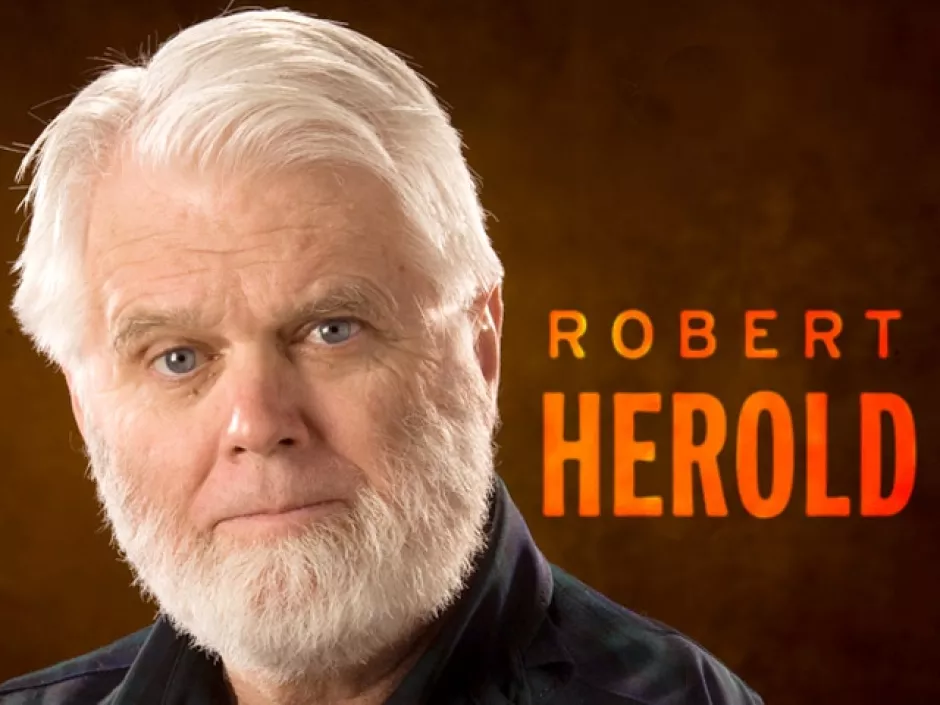As I listened to the President’s speech on economic policy at Knox College last week, I was struck not so much by what he said — although he certainly did more than ever before, naming names and throwing down some markers, even coming close a couple of times to an actual gauntlet — but rather what he didn’t say. Once again, for the umpteenth time, he talked about education in terms of jobs, and not all jobs, “good paying jobs,” which is his way of saying that we need to educate more techies. And once again, he said nothing at all about education viewed more generally.
I’d offer the following advice:
“Dear Mr. President: As I listened to your speech about the economic health of the country, I was dismayed to hear, once again, you reduce education to math, science and technology, or ‘MS&T.’
“By doing this, you seem be arguing against your own experience and your own education. Beginning with your famous speech at the 2004 Democratic National Convention, you have discussed the broad questions of public interest through lines of thought which drive through the humanities — history, literature, social sciences, religion and the arts. When you speak of the American Dream or the Depression or World War II or race relations or urban problems or even budget priorities, you don’t turn to math, science and technology; rather, you borrow from history, literature, social thought and, yes, your personal story. Let me put it to you this way: Were you to have had the education that you urge for everyone else, you wouldn’t have been able to have written even this speech on the economic health of the country; for sure, not your now-famous 2004 speech before the Democratic National Convention; nor the extraordinary speech you delivered in response to Jeremiah Wright’s harangue; nor the eloquent and poignant thoughts you recently expressed regarding the killing of Trayvon Martin.
“Over the past the five years, we have not heard much about citizenship, morality, decency, goodness, responsibility, perspective nor aesthetics. And what’s even more surprising to me, you fail to associate what we term the ‘humanities’ even with your usual theme, employment, as if somehow, the ability to write, to think, to express and to communicate are not as important to the workforce as the skill to calculate.
“Just jobs — understandably for you these past five years, jobs have been primarily about employment statistics. But the thing is, when we boil down your admonitions, what we see made so clear is that what you promote as good education amounts to little more than technical job training; not thought and not theoretical science, nor even research. Your aren’t talking about jobs at the cutting edge; rather, you are urging that schools work to turn out technically trained assembly-line workers. (The kind of training that, in the old days, was more efficiently done on-site through apprentice programs.)
“You don’t grant even a marginal importance to the study of the humanities, the arts and social sciences — nothing, not even a balanced approach. As a result of your policies and even more important, your rhetoric, schools have cut back and devalued literature, music and the other arts, all the social sciences, and even civics, which at one time was thought to be essential to an informed electorate.”
Obama doesn’t seem to grasp that that education — all education — influences, even defines, ways of thinking. The kind of education Obama urges produced body counters in Vietnam; it produces traffic engineers who “have messed up more cities than any other profession other than maybe lawyers” (this line isn’t mine, it was delivered at a 1998 EWU summer symposium by a recovering nationally recognized traffic engineer named Walter Kulash).
So, Mr. President, the next time you address education, I do hope you will continue to urge more competency in math, science and technology, but please add this: “We must look also to all that we share in common — our humanity, which we express through our common stories; our felicitous transactions, through our families; our music, our art, our traditions, through our life, shared both in the commons and in the privacy of our homes. Thus, we need a literate public, a citizenry that has been liberally educated — to think, to express, to love, to question and to wonder.”

















